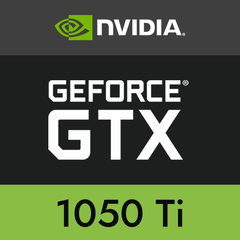The "Which Server Should I Get" Buyers Guide
-
Featured Topics
-
Topics
-
1
-
Hotblood ·
Posted in CPUs, Motherboards, and Memory1 -
6
-
6
-
UGAATL ·
Posted in LTTStore.com Merch1 -
1
-
8
-
Mark Kaine ·
Posted in Displays4 -
3
-
4
-
-
play_circle_filled

Latest From ShortCircuit:
Lian-Li, do this on all of your cases! - Lian-Li O11D x Lamborghini







.thumb.jpg.271b3e6811b76c1a6c28065117ae6c81.jpg)








Create an account or sign in to comment
You need to be a member in order to leave a comment
Create an account
Sign up for a new account in our community. It's easy!
Register a new accountSign in
Already have an account? Sign in here.
Sign In Now